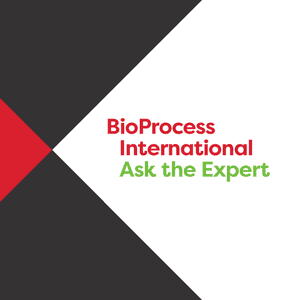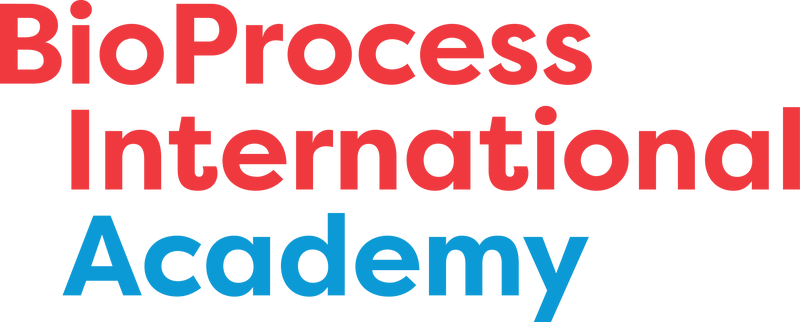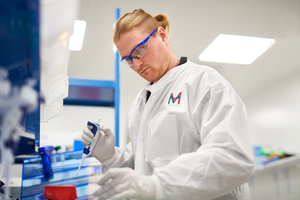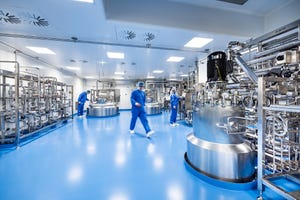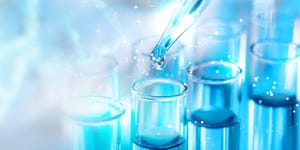- Sponsored Content
- Upstream & Downstream Processing
Single-Use Technologies: Innovation and Performance
November 5, 2020
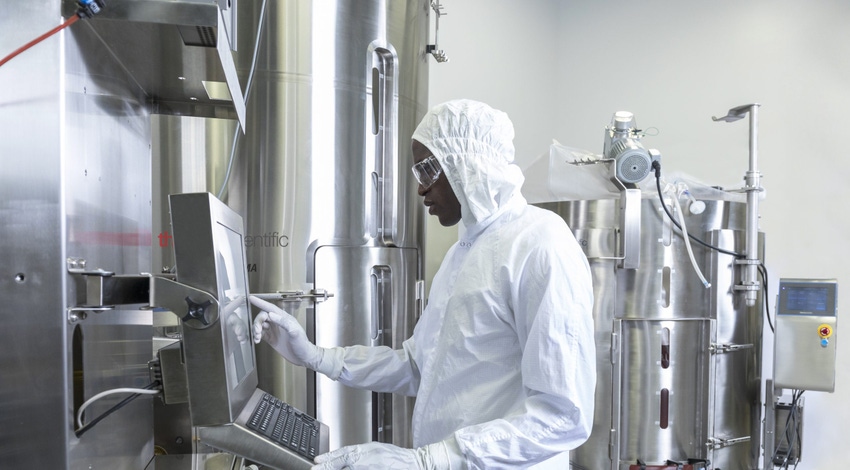
Date: Nov 5, 2020
Duration: 20 Min
Sponsored by Thermo Fisher Scientific
The biotherapeutic market has been rapidly adopting single-use technologies to reduce risk and improve operational efficiencies. For more than 20 years, Thermo Fisher Scientific has pioneered single-use technologies for this industry. Our products have been proven to be robust and scalable from laboratory scale-up to current good manufacturing practice (cGMP) production applications, including single-use bioprocessing equipment, flexible containment, and rigid containment product portfolios.
Our webinars will explore data, innovative products, and novel strategies featuring single-use solutions for the bioprocessing market.
| “Application-Specific Enhancements to Thermo ScientificTM HyPerformaTM Single-Use Bioreactors,” with Ben Madsen
|
| “Aggressive Microbial Production from Inoculation Through Harvest in Single-Use Systems,” with Dmitrij Bugajev and Jason D. Brown
|
| “Bioprocess Selection and Economics: 5,000-L DynaDrive™ Bioreactor Shifting the Paradigm,” with Jeff Johnson, Mark Thomas Smith, and Kevin Mullen
|
Transcripts of these presentations will be available in an upcoming BPI Special Report.
About the Author(s)
You May Also Like



